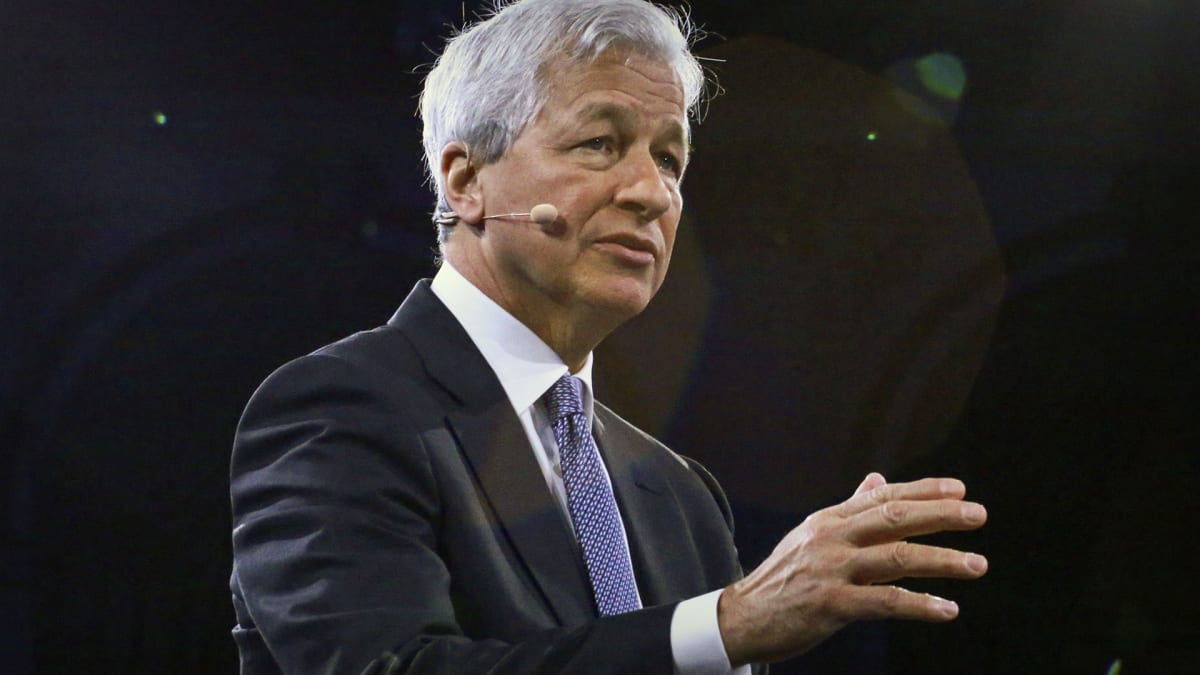
In JP Morgan's (JPM) annual letter to shareholders, Jamie Dimon writes about what the current banking crisis is and what it isn't.
It's worth a dive into the text.
DON'T MISS: Cathie Wood Spells Out Why Crypto is Gaining During Bank Crisis
"As I write this letter, the current crisis is not yet over, and even when it is behind us, there will be repercussions from it for years to come," Dimon wrote. "But importantly, recent events are nothing like what occurred during the 2008 global financial crisis (which barely affected regional banks)."
"In 2008, the trigger was a growing recognition that $1 trillion of consumer mortgages were about to go bad -- and they were owned by various types of entities around the world," he continued. "At that time, there was enormous leverage virtually everywhere in the financial system. Major investment banks, Fannie Mae and Freddie Mac, nearly all savings and loan institutions, off-balance sheet vehicles, AIG and banks around the world -- all of them failed. This current banking crisis involves far fewer financial players and fewer issues that need to be resolved."
Dimon wrote specifically about Silicon Valley Bank and Credit Suisse, and that's the moment in the letter where he addresses risk management.
"The recent failures of Silicon Valley Bank (SVB) in the United States and Credit Suisse in Europe, and the related stress in the banking system, underscore that simply satisfying regulatory requirements is not sufficient," Dimon said.
"Risks are abundant, and managing those risks requires constant and vigilant scrutiny as the world evolves. Regarding the current disruption in the U.S. banking system, most of the risks were hiding in plain sight," he added.
"Interest rate exposure, the fair value of held-to-maturity (HTM) portfolios and the amount of SVB’s uninsured deposits were always known -- both to regulators and the marketplace. The unknown risk was that SVB’s over 35,000 corporate clients -- and activity within them -- were controlled by a small number of venture capital companies and moved their deposits in lockstep."
Dimon also mentioned the Federal Reserve Board and its control of interest rates.
"Ironically, banks were incented to own very safe government securities because they were considered highly liquid by regulators and carried very low capital requirements. Even worse, the stress testing based on the scenario devised by the Federal Reserve Board (the Fed) never incorporated interest rates at higher levels," Dimon wrote.
"This is not to absolve bank management -- it’s just to make clear that this wasn’t the finest hour for many players. All of these colliding factors became critically important when the marketplace, rating agencies and depositors focused on them."
Get exclusive access to portfolio managers and their proven investing strategies with Real Money Pro. Get started now.







